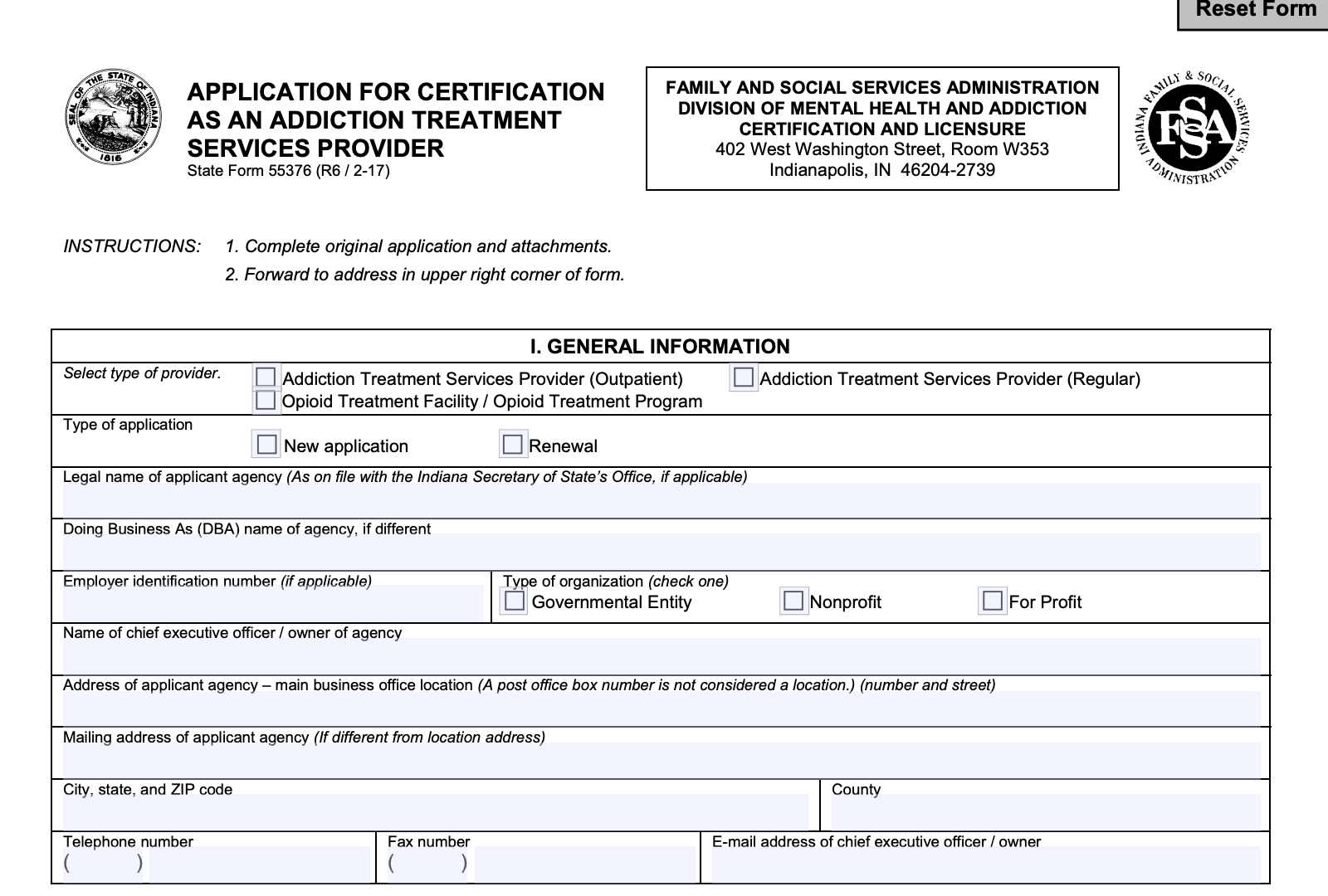Effective Techniques: Assessing the Ideal Addiction Treatment Center
Effective Techniques: Assessing the Ideal Addiction Treatment Center
Blog Article
Browsing the Trip of Detoxification in the Comprehensive Dependency Treatment Program
The process of detoxification holds a substantial role in breaking the physical dependence on compounds and preparing the person for the subsequent phases of therapy. As individuals grapple with the obstacles of withdrawal symptoms and the unpredictabilities that exist ahead, having a robust assistance and a structured strategy system in place ends up being critical.
Value of Detoxification in Recovery

Detoxing establishes the foundation for the remainder of the addiction treatment program by preparing the individual for additional therapy and counseling. By cleansing the body of compounds that have been clouding judgment and influencing behavior, detox allows individuals to approach their healing with a more clear mind and stronger focus.
In addition, cleansing helps in managing the possibly serious withdrawal signs that may develop when drug or alcohol usage is quit. Doctor very closely check people throughout detox to ensure their security and offer required support. Via this procedure, individuals can begin their trip in the direction of sobriety with a supported mental and physical state, increasing the likelihood of an effective healing.
Comprehending the Detox Refine
Cleansing, a fundamental element of addiction therapy programs, includes a structured procedure targeted at safely getting rid of harmful materials from the body to facilitate an effective recuperation trip. The detox procedure generally begins with an evaluation to assess the individual's substance usage history, physical wellness, and psychological wellness. This assessment aids medical care professionals figure out one of the most proper detox strategy customized to the individual's demands.
During detoxification, the body experiences withdrawal as it adjusts to the absence of the material. Withdrawal signs differ depending upon the kind of substance utilized, the period of use, and private factors. Medical guidance throughout detox is critical to handle withdrawal signs and symptoms and guarantee the person's safety and convenience.

Handling Withdrawal Signs

Medications might be made use of to relieve specific withdrawal signs and reduce pain. Drugs like methadone or buprenorphine can assist handle opioid withdrawal symptoms, while benzodiazepines might be utilized for alcohol withdrawal. It is vital for doctor to carefully monitor the person's response to these medicines to guarantee their security and performance.
In addition to medicinal interventions, encouraging therapies site such as counseling, peer support teams, and all natural methods like mindfulness reflection or yoga can aid individuals deal with the psychological and mental challenges of withdrawal. By addressing withdrawal symptoms comprehensively, health care service providers can enhance the cleansing experience and support individuals on their trip to recuperation.

Support Solutions Throughout Detox
Support group play an important duty in providing social and emotional help to individuals going through cleansing in addiction therapy programs. During the detox process, individuals often experience a variety of emotional and physical withdrawal signs and symptoms, making this stage difficult - Addiction Treatment Center. Having a strong support group in location can substantially affect the individual's capability to browse with detox effectively
Assistance groups offer a system for people to connect with others who are going through similar experiences, providing a sense of community and shared understanding. Healthcare experts, including therapists, doctors, and therapists, play a crucial role in monitoring the person's progress, offering medical assistance, and offering assistance throughout the detoxification process.
Looking Ahead: Life After Detox
Having efficiently finished the detoxification stage, people in addiction treatment programs now concentrate on planning for the difficulties and chances that exist in advance in their trip in the direction of recovery. Life after detox marks an important transition duration where people must remain to improve the progression made throughout detoxification to preserve their soberness. It is vital for people to acknowledge that the journey towards healing is ongoing and calls for dedication, commitment, and a willingness to embrace modification.
One secret element of life after detox is the development of dealing devices to manage triggers official website and desires that might develop. This may entail learning new skills, such as mindfulness techniques, cognitive-behavioral strategies, and anxiety monitoring methods, to navigate challenging situations without considering substance usage. Additionally, people are encouraged to proactively involve in recurring therapy, support groups, and aftercare programs to reinforce their support network and obtain support as they navigate the intricacies of life post-detox.
Conclusion
Finally, detoxification is an important element of the detailed dependency treatment program. Understanding the detoxification process and handling withdrawal signs are important actions towards recovery. Support group play a considerable function throughout this difficult trip. Addiction Treatment Center. Looking ahead, life after detoxification holds pledge for a healthier, substance-free future. It is very important to acknowledge the value of detox in the process of getting rid of addiction and relocating in the direction of a life of sobriety.
Medical guidance throughout detox is critical to manage withdrawal signs and make certain the individual's security and comfort.
By comprehending the detoxification process and its significance in damaging the cycle of dependency, individuals can get started on a path towards lasting recuperation.
Throughout the detoxification process, individuals typically experience a range of physical and mental withdrawal symptoms, making this phase difficult. Healthcare professionals, consisting of therapists, physicians, and therapists, play an essential role in keeping track of the individual's development, offering medical support, and using support throughout the detoxification procedure.
Life after detox marks an essential shift period where individuals must proceed additional hints to construct on the progress made throughout detox to maintain their sobriety.
Report this page